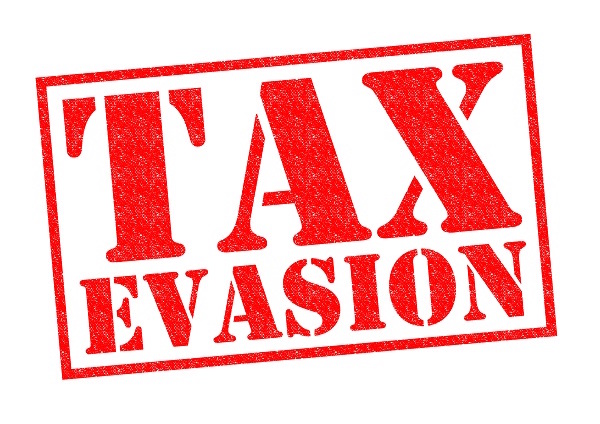
Tax evasion by multinational companies involved in the exploitation of Papua New Guinea's natural resources is finally on the government radar and an increasing number of reforms are being implemented.
Institute of National Affairs Director Paul Barker, recently highlighted once again the criminally low rates of tax paid by international companies involved in resource extraction in Papua New Guinea.
Although PNG is rich in natural resources and these are being extracted by numerous foreign companies through large-scale mining, oil and gas, logging and fishing, the government remains dependent on personal income and business taxes to fund its expenditure.
The resource sector pays almost nothing, just 1% says Barker.
“We are a resource-rich country but not getting the key benefits that we need.”.
One of the ways resource extraction companies avoid paying tax was starkly revealed in analysis published by the Oakland Institute in 2018.
In The Great Timber Heist Continued, author and researcher Frederic Mousseau, exposed how most logging companies avoid paying corporate taxes by never declaring any profits. Indeed, the more forest they harvest and the more logs they export, the bigger their losses, which defies all common sense. How can a company survive if it never makes a profit and why would it increase its logging if that is just going to increase its losses?
There are though encouraging signs the government is listening to the critical analysis coming from civil society and is increasingly prepared to strike back.
In October the government signed an agreement with the OECD for expert auditors to be sent to PNG to assist the Internal Revenue Commission crack down on tax evasion by the logging industry and other resource companies.
Two international experts arrived in Port Moresby at the beginning of this month, under the United Nations supported Tax Inspectors Without Borders program. They were greeted by Treasurer and Deputy Prime Minister, Charles Abel who says they will help the government crack down on transfer pricing and profit shifting.
The government’s 2019 Budget also contained some important reforms designed to try and ensure resource extraction companies pay more tax.
First is a 2% tax on revenue for companies that consistently post losses. This means that companies who avoid paying any taxes on their profits by claiming their expenses exceed their revenue and therefore they don’t make any profit, will still have to pay some tax.
Second is the removal of zero rating for GST on good and services supplied to resource companies. This means those resource companies will now have to pay the same GST on everything they buy that the rest of us have to pay.
Another change is the revision of the loss carry forward period for resource companies which in future will be limited to 20 years. Previously there was no limit, meaning a company could offset a loss it made thirty or forty years ago against its current profits to reduce the amount of tax it pays.
Finally, the IRC now has the power to mount its own prosecutions against its own staff found guilty of collusion with tax payers to reduce their liabilities and against companies found guilty of illegal tax evasion.
- ACTNOW's blog
- Log in to post comments
